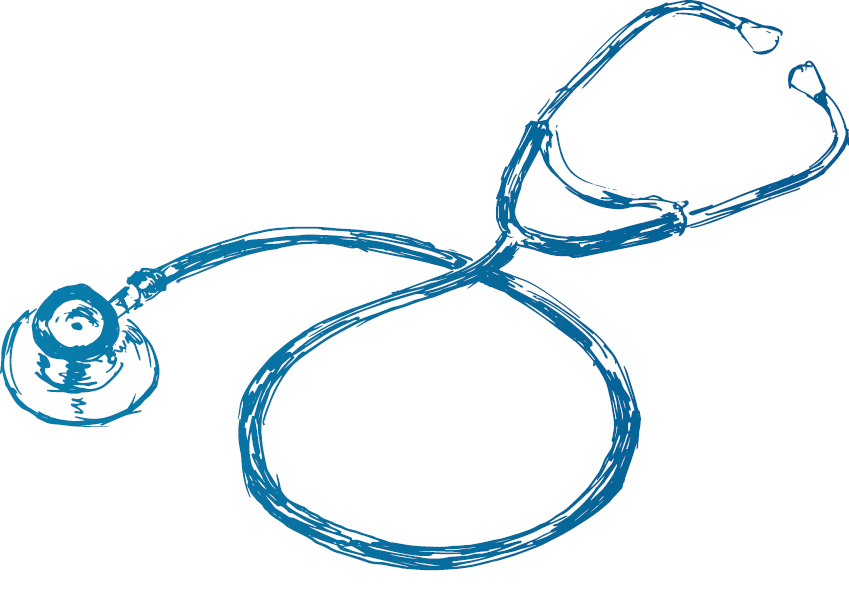Doctor, Listen!
COMPONENTS OF LISTENING
Listening is an essential skill for all types of leaders. A leader can only be effective if they know what is going on, and they can only know what’s going on if they listen.
nytimes.com/2015/01/05/opinion/doctor-shut-up-and-listen.html
Charlotte Henderson came to Dr. Martin for a second — or rather, a sixth — opinion for a “rapid heartbeat” and “feeling stressed.” The careful history Dr. Martin took revealed that Charlotte was taking an over-the-counter weight loss product that contained ephedrine. He recommended she stop taking the pills and, when she stopped taking them, her symptoms also stopped. When asked why she hadn’t mentioned this information to the previous five doctors she’d seen, she said she’d “never been asked.” Until then, her providers would sooner order tests than take the time to talk with her about the problem.

Charlotte’s case was fortunate; poor Communication often has much worse consequences. A review of reports by the Joint Commission, a nonprofit that provides accreditation to health care organizations, found that Communication failure, not the provider’s lack of technical skill, was at the root of over 70 percent of serious adverse health outcomes in hospitals.
A doctor’s ability to explain, listen, and empathize has a profound impact on a patient’s care. Yet, on average, physicians wait just 18 seconds before interrupting patients’ narratives of their symptoms. Evidently, we have a long way to go.
In 2012, my colleagues and I started a program in Harrisburg, PA designed to improve doctors’ Communication with their patients. Our project started with a simple baseline assessment of how we as doctors communicated with our patients.
Brief, rushed physician encounters were common, with limited opportunity for questions. A lack of empathy was often apparent: In one instance, after a tearful patient had related the recent death of a loved one, the physician’s next sentence was: “How is your abdominal pain?”
We developed a physician-training program, which involved mock patient interviews and assessment from the actor role-playing the patient. Over 250 physicians were trained using this technique. We also arranged for a “physician coach” to sit in on real patient interviews and provide feedback.
Over the next two years, patient satisfaction with doctors, as measured by a standard questionnaire, moved the hospital’s score up in national rankings by a remarkable 40 percentile points. Several studies have found a correlation between higher patient satisfaction scores and better health outcomes.
We need to move away from the perception that social skills and better Communication are a kind of optional extra for doctors. A good bedside manner is simply good medicine.
A passionate diabetes specialist told me how she sat down with a patient to understand why he was not using his diabetes medications regularly, despite numerous hospital admissions for complications.
“I can’t continue to do this anymore,” he told her, on the verge of tears. “I’ve just given up.”
She placed a hand on his shoulder and just sat with him. After a pause, she said: “You have a heart that still beats, and legs you can still walk on — many of my patients don’t have that privilege.”
Five years later, recalling this episode, her patient credits her with inspiring him to take better care of himself. The entire encounter took less than five minutes.
“I have learned a great deal from listening carefully.”
ERNEST HEMINGWAY